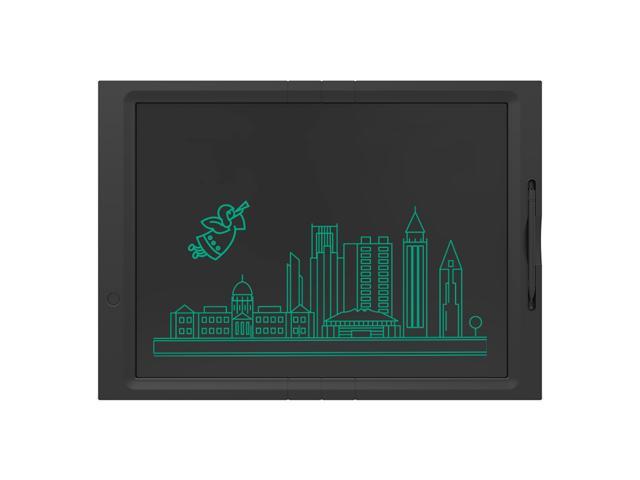Digital technology now enables unparalleled functionality and flexibility in the capture, processing, exchange, and output of color images. But harnessing its potential requires knowledge of color science, systems, processing algorithms, and device characteristics-topics drawn from a broad range of disciplines. One can acquire the requisite background with an armload of physics, chemistry, engineering, computer science, and mathematics books and journals- or one can find it here, in the Digital Color Imaging Handbook. Unprecedented in scope, this handbook presents, in a single concise and authoritative publication, the elements of these diverse areas relevant to digital color imaging. The first three chapters cover the basics of color vision, perception, and physics that underpin digital color imaging. The remainder of the text presents the technology of color imaging with chapters on color management, device color characterization, digital halftoning, image compression, color quantization, gamut mapping, computationally efficient transform algorithms, and color image processing for digital cameras. Each chapter is written by world-class experts and largely self-contained, but cross references between chapters reflect the topics’ important interrelations. Supplemental materials are available for download from the CRC Web site, including electronic versions of some of the images presented in the book.















